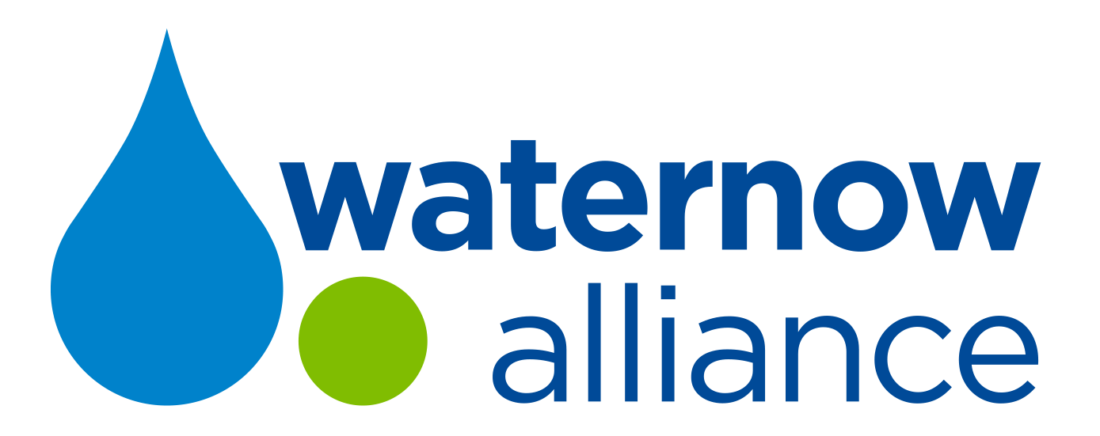Municipalities nationwide are incentivizing property owners to install water efficiency and green infrastructure measures by providing rebates to defray costs. In most cases, these measures operate primarily to benefit the utility and ratepayers – as opposed to individual property owners – because they improve water supply reliability, water quality and community resilience while lowering costs overall.
Rebate programs have proven to be remarkably effective, but are now threatened by indications from the federal IRS that it may treat these water-savings measures as taxable income. This would obviously deter property owner participation, undermining the ability of public water providers to address critical local water infrastructure challenges and to support new innovation and technology.
Tax lawyers more expert than we maintain that the IRS has discretion to address the issue through an IRS revenue ruling clarifying that water efficiency and green infrastructure rebates are not taxable income. Members of Congress wrote to the IRS in December urging the agency to do just that, arguing, among other reasons:
- Water-saving rebates represent a reduction of the purchase price (comparable to automobile rebates)
- They’re not intended to confer a net benefit to property owners
- Utilities are the primary beneficiaries of efficiency and green infrastructure measures which build resilience and water security throughout the service area
Now bipartisan legislation to address this issue has been introduced in the House of Representatives (H.R. 4615) by California Congressmen Jared Huffman and Dana Rohrabacher. As Rep. Huffman explained in a recent interview:
"We think it’s crazy and unprecedented to treat them that way, but some staff at the IRS have taken a different view. We decided to introduce it because the IRS has not yet stepped up and done the right thing.... This is a way to leverage water conservation. This is not some windfall or giveaway of income."
Municipal utilities need more, not fewer, options for financing water smart and innovative solutions. Innovation in the water space happening at an extraordinary pace, but cannot scale and grow without utility investment which represents more than 80% of water spending nationwide. This is a problem that can and should be resolved as quickly as possible.

Cynthia Koehler is Executive Director and Co-Founder of WaterNow Alliance
